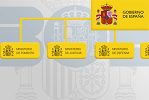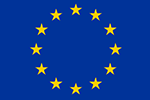Sale of products and services: dispute resolution
Content
Consumers have access to procedures and services for support, assistance and dispute resolution against providers of goods or services.
What type of claim can I make?
Consumers can claim for any infringement of their rights as set out in the applicable rules and in the contracts entered into.
How can I bring a claim?
If a consumer and a provider are in dispute, it is necessary in the first place to send a proper complaint to the provider concerned and wait for a reasoned response to the problem, or until at least 30 days have passed without acknowledgement.
If it proves impossible to contact the provider, you must keep proof of your efforts, as evidence for possible future claims made to dispute resolution organisations.
In what ways can a claim be brought?
Once the consumer has sent a complaint to the provider with no positive outcome, a number of options arise:
- Send your complaint to the competent national government bodies responsible for general consumer complaints (the municipal consumer information offices or the consumer services of the autonomous communities).
- In this case you must submit your complaint, which these administrative units will forward to the provider being claimed against in an effort to reach an agreement satisfactory to both parties. If the dispute is unresolved, this opens the way to legal remedies.
- Send your complaint to the national governmental bodies responsible for claims in specific sectors. Some business sectors (finance, energy, telecommunications, etc.) have their own claims management units, to which consumers may refer. These units operate their own procedures, the outcome of which may be binding or otherwise on the provider. The outcome may open the way to a legal appeal.
- Send your complaint to the European Consumer Centre. If you have a cross-border claim (consumer and provider are in different Member States of the European Union or European Economic Area), you can contact the European Consumer Centre in the provider's country of residence, and file your complaint. Through the European Consumer Centre Network, these centres forward your claim to the European Centre in the provider's country in an effort to resolve the dispute and reach an agreement. If the dispute remains unresolved, you can pursue it through the courts.
- Online dispute resolution: If you bought a product or service through an online contract, whether in Spain or abroad, you may contact the European Online Dispute Resolution (ODR). You can send your complaint online using the form on the ODR platform which will be forwarded to the provider. The purpose of this exchange is to seek agreement between the parties to identify a dispute resolution body accredited under Law 7/2017 and Directive 2013/11/EU, included on the platform. If the parties agree, the claim will be forwarded to the dispute resolution body, which shall apply its rules of procedure and the consequences stated therein. For this to happen, the parties must be informed of these rules and consequences in advance.
- Apply for consumer arbitration to the consumer arbitration board with competence to resolve the dispute. This is a binding and mandatory procedure which definitively settles the problem raised by the consumer. It is designed as an alternative to legal proceedings. Therefore, there has to be an arbitration agreement, i.e. an agreement between the two parties waiving their basic rights of access to justice and agreeing to use arbitration.
- Without such an agreement in place, it will not be possible to use this system to solve the problem. The procedure is free of charge. Once the matter has been referred to one or more arbitrators for settlement, it can be resolved in equity or in law. It culminates in an arbitral award, which is final and binding on both parties.
- Take your complaint to the civil law courts In this case, the rules of civil law will apply. The proceedings are resolved by a binding and mandatory court ruling.
Information for each Autonomous Community


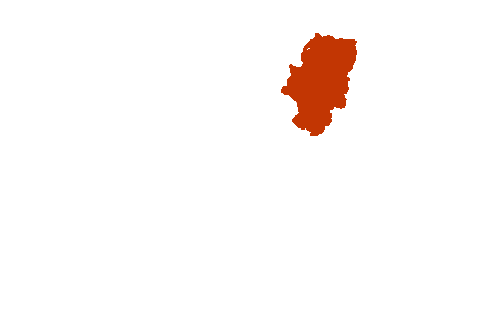



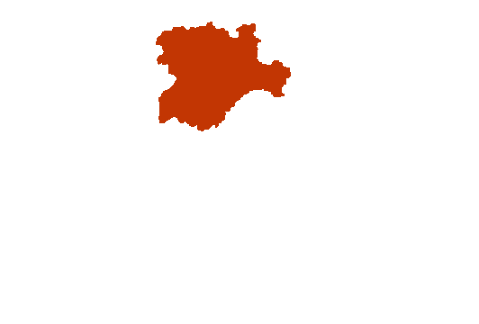
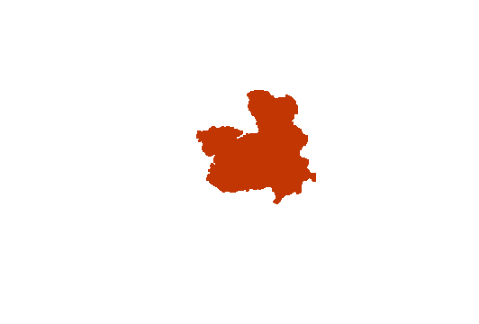






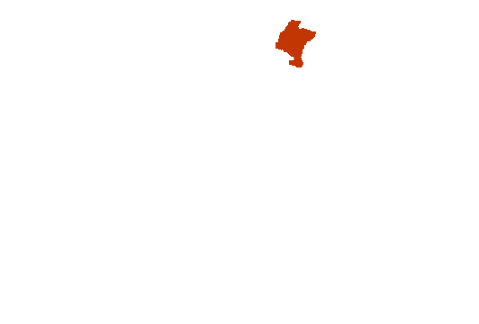

Andalucía Aragón Asturias, Principado de Balears, Illes Canarias Cantabria Castilla y León Castilla-La Mancha Cataluña Ciudad de Ceuta Ciudad de Melilla Comunitat Valenciana Extremadura Galicia Madrid, Comunidad de Murcia, Región de Navarra, Comunidad Foral de País Vasco Rioja, La
Legal and/or technical references
-
Articles 57 and 58 of Royal Legislative Decree 1/2007 of 16 November adopting the recast text of the General Law on the Protection of Consumers and Users and other supplementary legislation.

-
Law 7/2017 of 2 November 2017 transposing Directive 2013/11/EU, of the European Parliament and of the Council, of 21 May 2013, on alternative dispute resolution for consumer disputes into the Spanish legal order.

-
Directive 2013/11/EU, of the European Parliament and of the Council of 21 May 2013 on alternative dispute resolution for consumer disputes, amending Regulation (EC) No 2006/2004 and Directive 2009/22/EC (‘Directive on alternative dispute resolution for consumer disputes’).

-
Regulation (EU) No 524/2013 of the European Parliament and of the Council of 21 May 2013 on online dispute resolution for consumer disputes and amending Regulation (EC) No 2006/2004 and Directive 2009/22/EC.

-
Royal Decree 231/2008 of 15 February 2008 governing the Consumer Arbitration System








